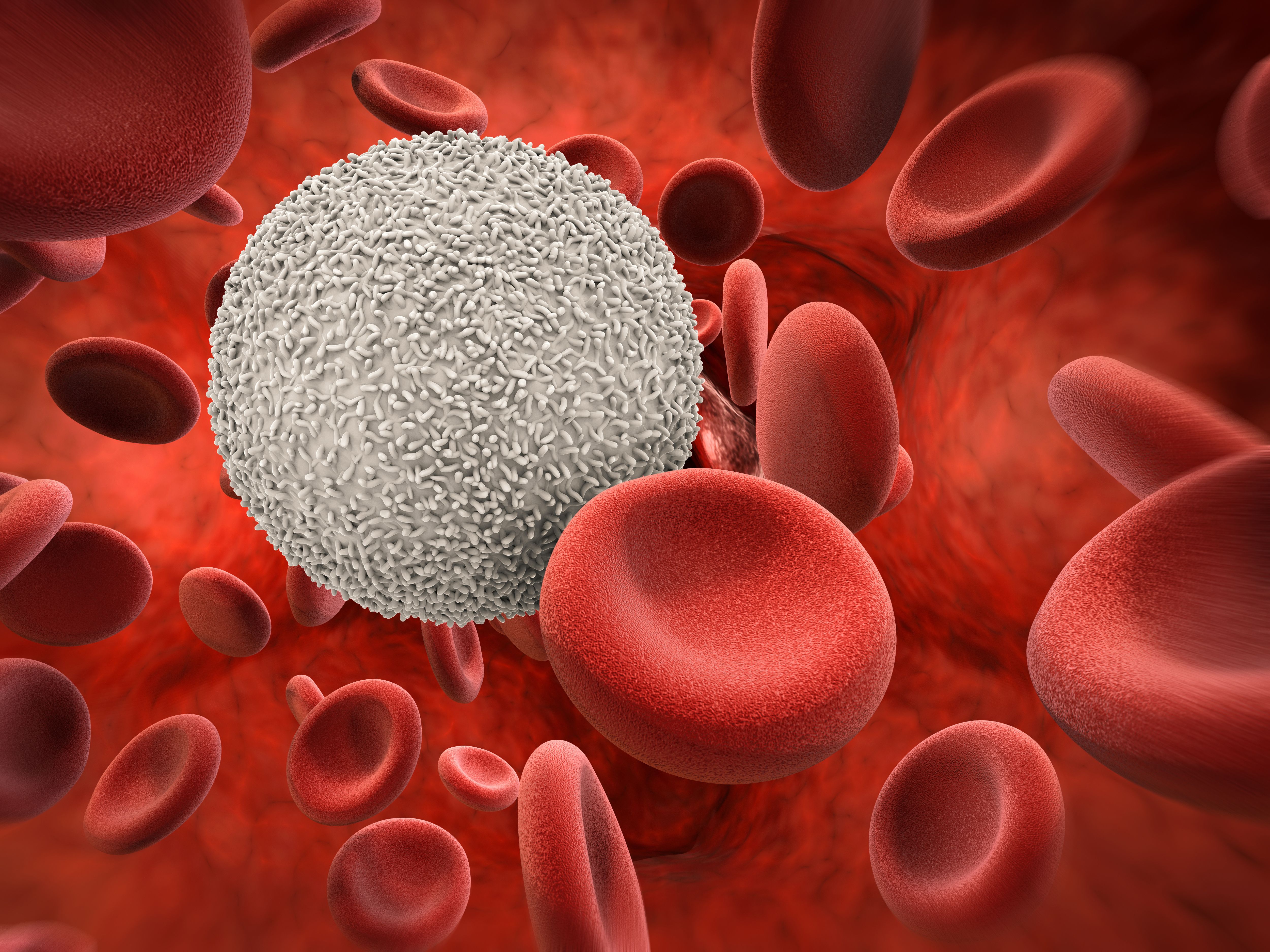Shifts Away From R-CHOP Treatment Shows Improved EFS and OS Benefit in MCL
Results from a mantle cell lymphoma study provide critical real-world evidence for improved outcomes with evolving patterns of care in patients with mantle cell lymphoma, according to the study authors.

The treatment landscape for patients with mantle cell lymphoma (MCL) has changed in the past 20 years leading researchers to look at treatment adjustments to benefit patients. According to research presented at the 2021 virtual Society of Hematology Oncology (SOHO) presentation, changes in induction regimens showed improved event-free survival (EFS) and overall survival (OS) for younger patients with MCL while shifts in chemotherapy led treatments improved these outcomes for older patients.
Researchers looked at a total of 343 patients with newly diagnosed MCL from 2002-2015 based off prospective Molecular Epidemiology Resource (MER) cohort study of the University of Iowa/Mayo Clinic Lymphoma SPORE. These 343 patients were split between patients diagnosed from 2002-2009 (n = 175) labeled era 1 and 2020-2015 (n = 168) labeled era 2. This was because bendamustine (Bendeka)/rituximab (Rituxan), known as R-Benda, was adopted in 2010 at major institutions, which led to a treatment shift away from rituximab, cyclophosphamide, doxorubicin hydrochloride (hydroxydaunorubicin), vincristine sulfate (Oncovin), and prednisone (R-CHOP) and R-CHOP-like regimens for older patients with MCL. Median follow up of patients from era 1 was 13 years compared to median follow up of patients diagnosed during era 2 at 6.9 years.
In era 2, patients 65-years-old or younger saw improved 5-year EFS increasing from 35.4% in era 1 to 51.7% in era 2 (P = 0.11) and a similar improvement of OS at 68.8% during era 1 versus 81.4% in era 2 (P = .046). This overall improvement was led by patients who received standard immunochemotherapy treatments, such as R-Brenda and the Nordic regimen, with an improved EFS of 54.7% compared to 36.8% (P = .015) and an improved OS of 83.5% versus 69.7% (P = .034).
In the younger patient population, there was less use of R-Hyper-CVAD (ritixumab, cyclophosphamide, vincristine sulfate, doxorubicin hydrochloride, and dexamethasone) in era 1 at 16.1% versus 8.8%, but more Nordic and R-CHOP/R-DHAP regimens 1.1% versus 26.4% in era 2, but then less use of R-CHOP/R-CHOP-like regimen, at 64.5% versus 35.2%, respectively. More R-Benda was used due to the timing of the institution of the therapy going from 0% in era 1 to 12.1% in era 2. Overall, the proportion of eligible patients who underwent autologous stem cell transplant went down from 45.2% to 44.4% in era 2.
For patients older than 65 in era 2 researchers saw a trend toward less use of R-CHOP and similar regimens at 39% in era 1 compared to 14.3% in era 2 and less use of non-standard systemic therapy at 36.6% in era 1 compared to 13% in era 2. However, there was more use of R-Benda considering its standardization in 2010, going from 0% in era 1 to 49.4% in era 2. This led to improved EFS and OS in era 2 for patients older then 65, at 25.4% versus 38.1% (P = .072) and 48.2% versus 54.1% (P = .15), respectively. Looking specifically at the shift from R-CHOP to R-Benda showed an improved EFS of 44.4% in era 2 versus 25% in era 1 (P = .018).
Baseline clinical characteristics of the observed patients were similar in both eras. Overall, the majority of patients were male at 77.3% (n = 265) compared to 22.7% female patients (n = 78). The median age of all patients was 64 years-old with 53.6% (n = 184) being 65 years-old or younger and 46.4% (n = 159) being older than 65. Looking at the patient’s simplified MIPI scores to assess their risk levels, the researchers found that the slight majority patients had an intermediated score of 4-5 at 36.7% (n = 105).
“Results from this prospectively followed cohort provide critical real-world evidence for improved outcomes with evolving patterns of care in patients with MCL,” the researchers concluded.
Reference
Wang Y, Castellino A, Larson M, et al. Evolving Frontline Immunochemotherapy for Mantle Cell Lymphoma and the Impact on Survival Outcomes. Presented at: 2021 Society of Hematology Oncology; September 7-11th, 2021: virtual. Abstract MCL-042.